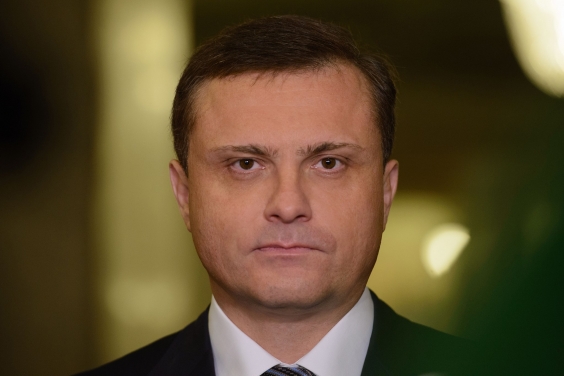Social and economic policy of power leads to the noncompetitiveness of Ukrainians in Europe. This was stated by MP from the OPPOSITION BLOC Serhiy Lovochkin, commenting on the UN’s human development rating for 2016, in which Ukraine dropped from 81 to 84 seats. The politician believes that the country needs an immediate change in economic and budgetary policies, a significant increase in the financing of social programs.
“For the first time in many years (since 2009), Ukraine has lowered its positions on the UN Human Development Index. Now our country is on the penultimate place among European countries. But Ukraine is striving for European standards of life, and the state’s task is to increase, not lose competitiveness,” Serhiy Lovochkin said.
Since the UN rating is determined by key parameters - average life expectancy, education and gross national income per capita, the main reasons for the fall are a sharp decline in funding for education and medicine, as well as a drop in macroeconomic indicators.
“Ukraine maintains its position in the first hundred of the overall rating only thanks to the high educational evaluation. But over the past three years, the government has cut its funding from 7.2% of GDP in 2013 to 5.4% of GDP in 2016, transferring part of the costs to local budgets. Therefore, the further decline of Ukraine in the UN rating, unfortunately, is inevitable. And this situation needs to be corrected,” Serhiy Lovochkin is sure.
“The fall in the competitiveness of citizens is the way to the loss of the country’s most important resource, human. It is necessary to break this trend. The country needs a change in economic and budgetary policy, an increase in the financing of social programs - an increase in the level and quality of life of the Ukrainians. The future of Ukraine depends on the future of its citizens,” the politician said.
Recall that in the UN human development rating for 2016 Ukraine dropped to 84th place in comparison with 81 place in the rating for 2015. At the same time, it was for the first time below Albania and Bosnia and Herzegovina, occupying the penultimate line among European states.
Follow @serhiylovochkin